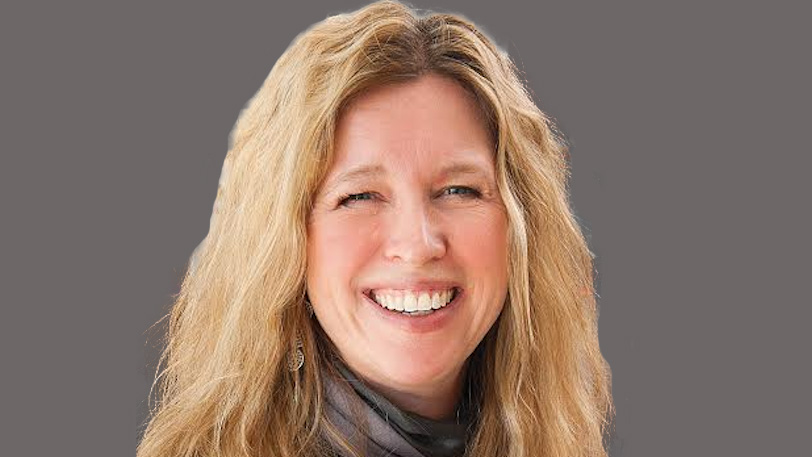Lesley Pritchard
Three-time Rehab alumna puts children at the centre of their own treatment planning
Lesley Pritchard’s greatest joy comes from seeing her research put into practice to improve the lives of young people and their families.

The Faculty of Rehabilitation Medicine has been home to Lesley Pritchard for more than 30 years. She received her bachelor’s (‘96), master’s (‘02) and PhD (‘08) here at the University of Alberta and is currently an associate professor in the Department of Physical Therapy, member of the Women and Children’s Health Research Institute and a researcher whose passion lies in the area of improving the lives of children with motor disabilities such as cerebral palsy.
We spoke with Lesley about the rewards and challenges involved in her work and her goal to put children at the centre of their own rehabilitation and treatment options.
- When did you become interested in pediatric rehabilitation research?
- I got into doing research and pediatrics many years ago. I had just finished my undergraduate degree and was helping [former Rehab Med professor] Johanna Darrah with one of her studies, and I loved digging deeper to understand how effective our interventions were. Interventions at the time were really lacking evidence, and I found that frustrating because I wanted to be more confident when I was making suggestions. I felt like I could play a part in contributing to the evidence base.
- Once I completed my master's degree, I enjoyed research so much that I continued on into the PhD program, and then completed a postdoc with PolicyWise for Children & Families, a provincial organization that identifies and promotes social policies and practices that will improve the well-being of children, families and communities.. Shortly after that I became a faculty member in Rehabilitation Medicine.
- In the work I do now, I want to bring in the voices of the children and the families in terms of identifying what outcomes are actually important to them. How do they experience interventions? What are some of the barriers or facilitators to participating in different types of interventions? I think those pieces are really crucial if we really want to make a difference in terms of implementing research in practice.
- Where do you see this work going in the future?
- In the last few years I've really focused on child engagement in goal setting, which is really about empowerment and motivation of children in a meaningful way. We recognize the importance of goal setting when we think about rehabilitation generally, but I think in pediatrics we haven't really optimized the engagement of children in that process. We want to make sure that as children journey through adolescence and into adulthood, they are really empowered to make their own decisions about their rehabilitation.
- In the future, I would like to continue on this path, looking at processes of care with goal setting. I think we could potentially create different resources for training therapists.
- What’s the most rewarding aspect of your work?
- Seeing my work become useful is what’s most rewarding for me. When I was doing my postdoctoral fellowship, I completed a study about inclusion and child care. We looked at the state of inclusion in Alberta and some of the barriers to inclusion. There was a community organization that was already looking at providing services for children who would require or benefit from additional support to child-care programs and they used our research as the basis for a new program that still exists today.
- What’s the most challenging aspect of your work?
- I think the roadblocks to recruiting (participants) in a clinical setting are what I find the most challenging. They are becoming more significant, and the past two years have been tremendously challenging, with COVID dispersing people into different clinical settings.
- What’s the No. 1 piece of advice you give your grad students?
- Make sure that the question that you're asking is actually what's important, and get your question right. We focus on that a lot, but it is crucial to really figure out what exactly it is that you want to know, and is it meaningful and important to the people that you hope will use the information?
- Sometimes we assume that certain outcomes are important, but there are often other outcomes important to families that we haven't thought about. Those are the kinds of things we might miss, because many of us do not have personal experience with having a child with a disability, or having a disability ourselves. We might make assumptions about what is important and we might not quite be on the mark so this is why engaging children and families in our work and in their own rehabilitation is so important.